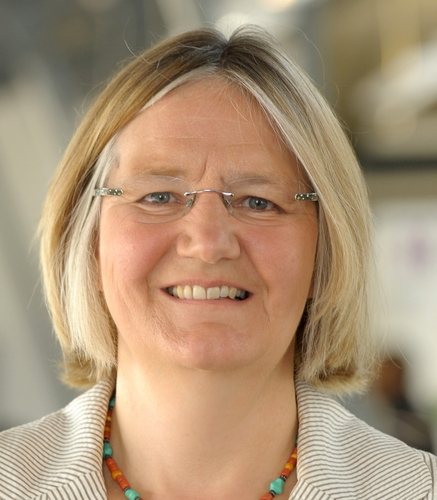
Totalizator Sportowy (Polish National Lottery) Achieves Record Annual Sales
February 3, 2014Inside story of the perfect 10
February 3, 2014In fact, a thriving creative industry is exactly what’s needed for a well-rounded economy. As a recent report from the CBI Creative Nation highlighted, we have the largest creative sector in Europe. Creative industries in the UK employ more than 2 million people and export over £16bn annually. And the latest figures from the Department for Culture, Media and Sport reinforce this, revealing that the UK’s creative industries are worth £71.4bn per year to the UK economy, generating just over a staggering £8 million an hour.
By changing the focus from STEM to STEAM, and endorsing a balanced curriculum as Maria Miller proposes, we would be ensuring that every young person gets the opportunities they deserve – whether they are naturally aligned to the arts or science. This is something I have been championing for many years, but will need universal support if the arts are going to find their rightful place alongside all other subjects. The Department for Culture, Media and Sport’s £300 million investment into cultural education, which will help forge partnerships between schools and cultural organisations, should go some way to make this vision a reality.
Employers have been lamenting the fact that graduates often enter the job market without the skills needed to function in a modern workplace – but they cannot be held to blame for this. One of the main reasons employers are often left wanting is that for much of their education, the emphasis has been solely focused on learning how to pass exams. The tragedy of this mentality is that too often our young people are unsure of their talents, not to mention the sort of jobs they are naturally suited to.
Tapping into this talent at a young age and cultivating balanced individuals is incredibly important, valuable and something we must nurture as a nation by ensuring the right training programmes and opportunities are in place to allow those with the skills to flourish in a creative environment.





